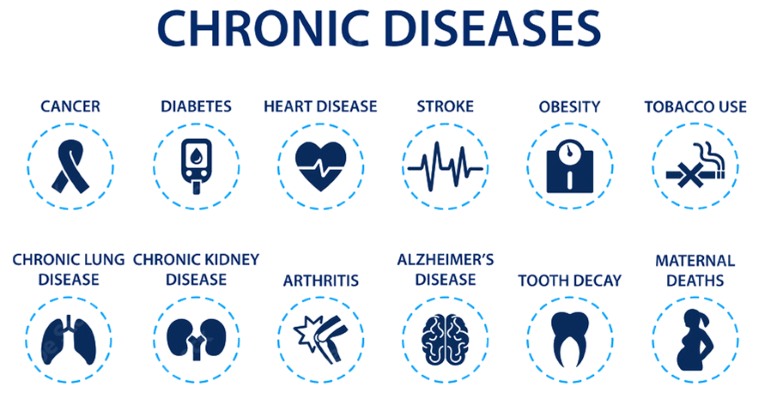How chronic diseases interfere with treatment of cancers?

Dr MA Raja
Chronic diseases are medical conditions that can last for more than three months, often worsening over time, and can usually be controlled but not cured. According to most health authorities, cancer qualifies as a chronic disease because it is an ongoing condition that can reoccur, requires prolonged medical treatment.
The presence of other chronic diseases, such as diabetes, heart disease, and chronic obstructive pulmonary disease (COPD), in a cancer patient undergoing treatment presents a multifaceted challenge to the doctors. In such cases, polypharmacy is necessary, which can diminish the efficacy of cancer treatments or cause side effects that complicate treatment plans, impact outcomes, and call for a nuanced treatment approach.
For instance, the efficacy of cancer treatments can be affected if patients are already diagnosed with other chronic diseases. Patients with cardiovascular diseases might not tolerate certain chemotherapeutic agents known to cause cardiac toxicity. Similarly, diabetes patients’ glycaemic control may drop when they are subjected to steroids during cancer treatment, leading to severe complications. Oncologists must modify their standard treatment protocols to minimize potential risks.
Chronic conditions like HIV/AIDS and other autoimmune diseases can exacerbate the adverse effects of chemotherapy and radiation therapy, making patients more susceptible to infections, which prolongs the recovery period and complicates the overall treatment trajectory. For example, radiation therapy for cancer patients with pre-existing lung conditions can worsen pulmonary symptoms, leading to severe respiratory problems.
Managing multiple health conditions can take a heavy toll on a patient’s psychological stability, especially when cancer is present on top of other chronic diseases. This can lead to confusion, fatigue, and stress, which in turn affect a patient’s ability to adhere to cancer treatment protocols. The financial strain of treating both cancer and chronic diseases cannot be overlooked. In some cases, the financial burden leads patients to delay seeking necessary treatments and procedures.
By understanding the interplay between chronic conditions and cancer, healthcare providers can navigate these complexities through collaboration among multidisciplinary care teams, including oncologists, cardiologists, endocrinologists, pulmonologists, and general physicians. This collaboration makes it possible to develop individualized treatment plans, assess potential complications, and adjust treatment dosages to manage symptoms effectively. Additionally, incorporating integrative care methods focusing on nutrition, physical exercise, and mental healthcare proves supportive for positive outcomes and quality of life.
As research continues to evolve, our goal for patients facing the dual challenge of cancer and chronic disease remains the same: to optimize treatment protocols, enhance patient compliance, and ultimately improve survival rates.
Dr MA Raja is Senior Consultant in Medical Oncology and
Director of Oncology Services in MGM Cancer Institute

